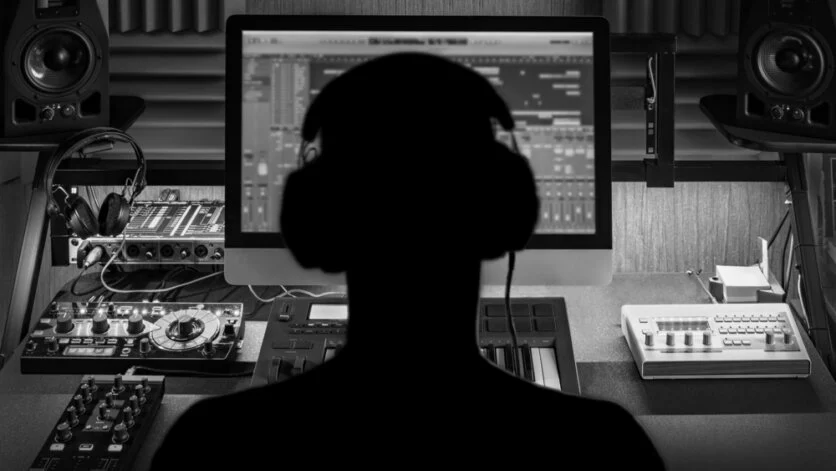
In the ever-evolving world of music, where innovation meets emotion and creativity knows no bounds, one fundamental element remains crucial: music credits. Often overlooked by the casual listener, music credits are the backbone of recognition, accountability, and fairness in the industry. They’re not just lines of text—they are a testament to every hand, heart, and mind that contributes to a song’s creation.
1. Recognition and Identification
Music credits shine a spotlight on the many contributors behind a song. From lyricists and composers to producers and session musicians, credits serve as a platform for recognizing the roles played by every individual involved. For fans, this insight builds a deeper connection with the music, sparking curiosity about the creators behind the sound they love.
Knowing who arranged the melodies or penned the lyrics often leads fans down a trail of discovery, supporting not only the main artist but the broader community of creatives that shape the music we enjoy.
2. Financial Benefits and Royalty Distribution
Beyond recognition, accurate music credits are essential for fair compensation. Each contributor—be it a songwriter, beatmaker, vocalist, or engineer—is entitled to a portion of the royalties generated from streams, sales, and performances.
Properly credited roles ensure that these earnings are split appropriately, avoiding conflict and guaranteeing that everyone receives what they’ve worked hard to earn. This system of fair pay is vital for sustaining creative livelihoods in the industry.
3. Industry Professionalism and Integrity
In an industry where collaboration is key, professionalism is shown not just through artistry but also through administrative integrity. Listing accurate and complete credits reflects a level of respect and transparency among collaborators.
This attention to detail builds trust within teams and with industry partners, setting a standard that helps elevate the reputation and reliability of those who honor it.
4. Legal Protection and Copyright Clarity
At the heart of songwriting credits lies copyright ownership. When a contributor is properly credited, their legal claim to part of a song’s copyright is validated. This matters when disputes arise or when licensing, publishing, or sync deals are in play.
Clear and accurate credits safeguard against legal complications, ensuring each party’s rights are protected and upheld in any legal or business scenario.
5. Enhanced Fan Experience and Music Discovery
Music credits also play an influential role in fan engagement. Platforms like Apple Music, TIDAL, and The Recording Academy now highlight detailed credits, allowing users to explore the people behind the sounds. For the growing number of listeners who value the story behind the music, this information adds richness to the experience.
It also boosts discoverability. A fan who loves a song’s production might explore more work by the producer, potentially creating new fan bases and opportunities across the board.
In Conclusion
Music is never made in isolation. It is a mosaic of talents, visions, and skills woven together with intention and passion. Music credits are not just acknowledgments—they’re a vital system of recognition, fairness, and professionalism that every artist and industry stakeholder should uphold.
In a time when the value of creative work is being fiercely protected and championed, giving credit where it’s due is not optional—it’s essential.
— Roland Gyamfi
Music Executive | Creative Advocate | Industry Consultant

